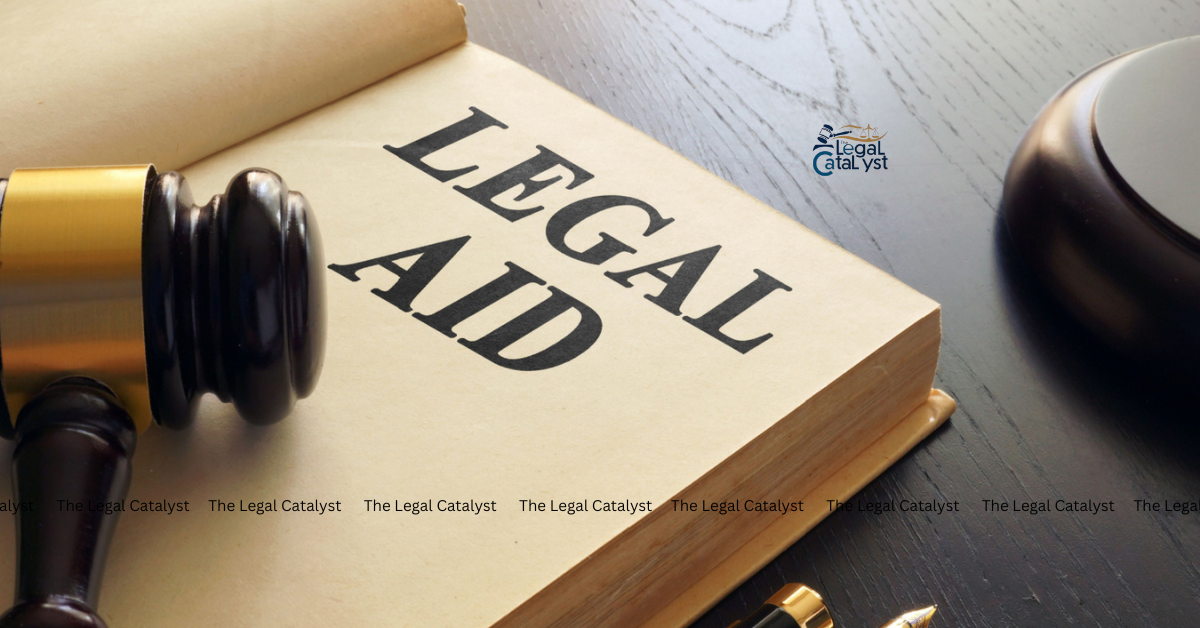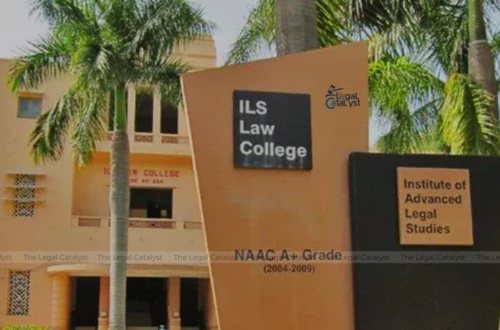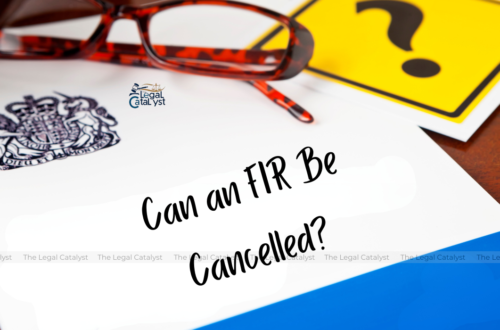Table of Contents
- Introduction
- What is Legal Aid in India?
- Who is Eligible for Free Legal Aid?
- How to Apply for Legal Aid in India
- Role of Legal Services Authorities
- Real-Life Examples of Legal Aid Making a Difference
- Common Myths About Legal Aid
- Legal Aid and BNSS 2023
- Conclusion
Introduction
In a country where legal procedures can be complex and unaffordable for many, the Right to Legal Aid in India is a vital safeguard. Legal aid ensures that justice is not denied due to lack of money, awareness, or influence. This right is enshrined in the Indian Constitution and supported by multiple laws and institutions.
In this guide, we’ll explain who is eligible for free legal aid, how to apply, and why it’s a crucial tool for achieving justice for all.
What is Legal Aid in India?
Legal aid means providing free legal services to those who cannot afford representation or access to the legal system. It includes legal advice, representation in court, preparing legal documents, and more.
🧾 Legal Basis:
- Article 39A of the Indian Constitution mandates equal justice and free legal aid.
- The Legal Services Authorities Act, 1987 established institutions like NALSA and DLSAs.
- Supported by Section 304 CrPC (provides free legal aid to accused in certain cases).
Legal aid is a right, not a privilege—and it’s essential for upholding equality before the law.
Who is Eligible for Free Legal Aid?
According to the Legal Services Authorities Act, 1987, the following categories are entitled to free legal aid in India:
✅ Women and children (below 18 years)
✅ Members of SC/ST communities
✅ Victims of human trafficking or beggars
✅ Industrial workmen
✅ Mentally ill or disabled individuals
✅ Persons in custody (including undertrial prisoners)
✅ Victims of mass disaster, ethnic violence, or natural calamities
✅ Individuals with annual income below ₹3 lakhs (₹5 lakhs in some states)
Knowing your eligibility helps ensure you don’t lose out on justice due to financial hardship.
How to Apply for Legal Aid in India
Applying for free legal aid is a simple process and can be done online or offline.
🖥️ Online:
- Visit the official NALSA Portal
- Fill the legal aid application form with basic details
- Upload supporting documents (Aadhaar, income proof, etc.)
- Submit and await confirmation
📑 Offline:
- Visit your local District Legal Services Authority (DLSA) or State Legal Services Authority (SLSA)
- Submit a written application with your eligibility proof
- Legal assistance will be assigned upon approval
Role of Legal Services Authorities
The Legal Services Authorities are government-backed institutions that ensure access to legal aid across the country.
📌 Main Bodies:
- NALSA – National Legal Services Authority (apex body)
- SLSA – State Legal Services Authorities
- DLSA – District Legal Services Authorities
- Taluk Legal Services Committees
These bodies organize Lok Adalats, legal literacy camps, and provide panel lawyers to assist applicants.
Learn more on the official NALSA site
Real-Life Examples of Legal Aid Making a Difference
🔹 A Dalit woman in Bihar was facing domestic violence. She received free legal representation. This led to a restraining order and maintenance for her children.
🔹 A factory worker wrongly arrested for theft in Gujarat was granted bail and acquitted, thanks to DLSA intervention.
Legal aid is not theoretical—it changes lives daily.
Common Myths About Legal Aid
❌ Myth: Free legal aid means low-quality service
✅ Fact: Many experienced lawyers voluntarily serve on legal aid panels
❌ Myth: Only people in criminal cases can apply
✅ Fact: Legal aid covers civil, criminal, and family matters
❌ Myth: The process is complicated
✅ Fact: Applying is straightforward and accessible online
Legal Aid and BNSS 2023
The Bharatiya Nagarik Suraksha Sanhita (BNSS) 2023, which replaces the CrPC, reinforces the importance of timely legal assistance. It stresses:
✔️ Access to counsel at the time of arrest
✔️ Stricter timelines for filing charges
✔️ Fair treatment of the underprivileged in the criminal justice system
These changes make legal aid even more vital to safeguarding rights during arrest and trial.
Conclusion
The Right to Legal Aid in India is a cornerstone of our democratic framework. It ensures that the justice system serves all citizens—not just the privileged few. If you or someone you know falls within the eligibility categories, don’t hesitate to seek assistance. Legal aid is your right, your protection, and your pathway to justice.
Free legal help could be the difference between injustice and a fair trial. Use it, share it, and empower others with this knowledge.
Internal Links






